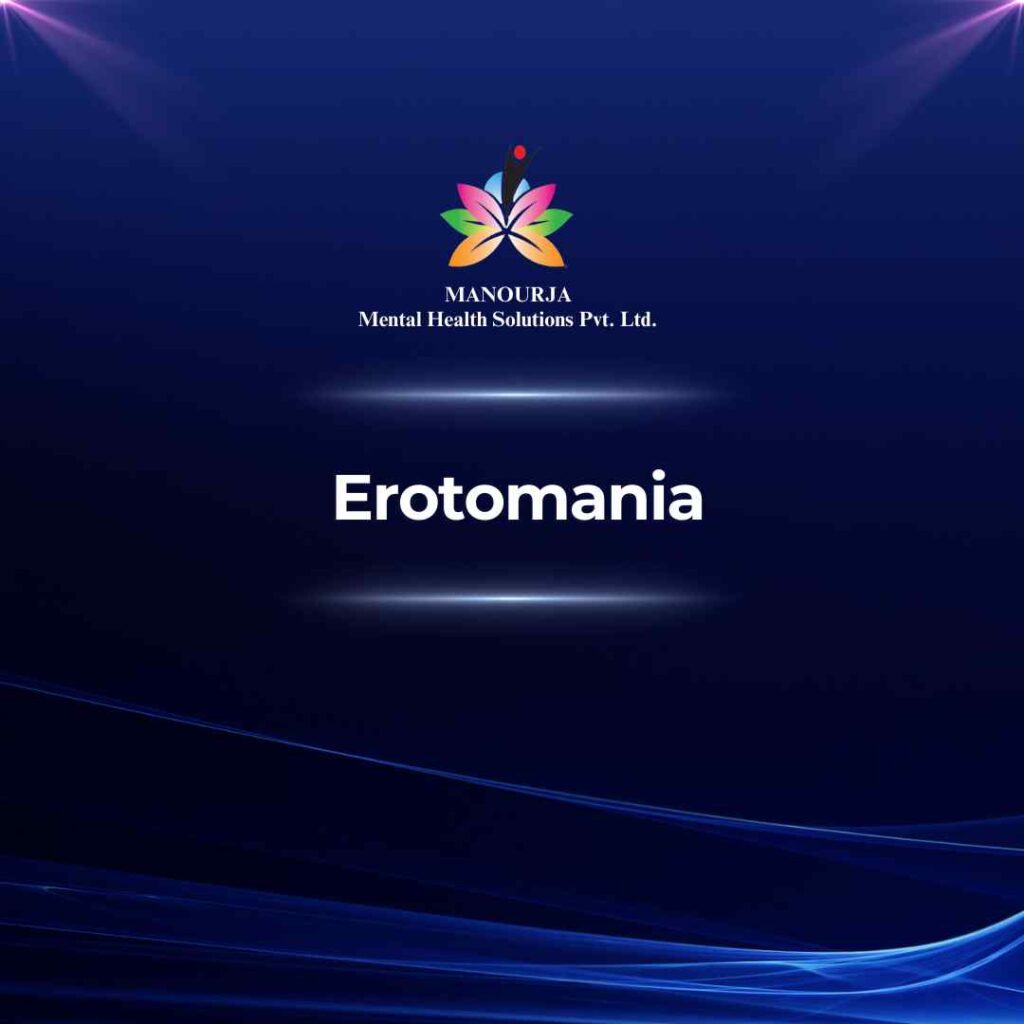Erotomania

Erotomania, also known as De Clérambault’s syndrome, is a rare psychiatric condition characterized by the delusional belief that another person, often of higher social status, is in love with the affected individual. This delusion is usually persistent and can lead to significant distress and behavioral changes. The person with erotomania may believe that the object of their affection is sending them secret messages or signals of love, often through media, gestures, or telepathy.
Erotomania as a Sign and Symptom of Mental Illness
Erotomania is primarily a symptom of delusional disorder but can also be seen in other psychiatric conditions. As a delusional symptom, it involves a fixed, false belief that is resistant to reason or contradictory evidence. The intensity and persistence of this delusion can lead to behaviors such as stalking, repeated attempts to contact the person believed to be in love, and significant social and occupational dysfunction.
Mental Illnesses and Conditions Associated with Erotomania
Delusional disorder is the most common condition associated with erotomania. In this disorder, individuals experience non-bizarre delusions, meaning the delusions could theoretically occur in real life. Erotomanic delusions specifically involve the belief of being loved by someone, often a stranger or a person of higher status.
In schizophrenia, erotomania can occur as part of a broader set of psychotic symptoms. Individuals may experience hallucinations and delusions, including erotomanic delusions. The delusions in schizophrenia are often more bizarre and accompanied by disorganized thinking and impaired functioning.
During manic episodes of bipolar disorder, individuals may develop delusional thoughts, including erotomania. The elevated mood, increased energy, and reduced need for sleep during mania can exacerbate these delusions, leading to impulsive and risky behaviors aimed at the object of their delusion.
- Major Depressive Disorder with Psychotic Features
In major depressive disorder with psychotic features, severe depression is accompanied by delusions or hallucinations. Erotomanic delusions can occur in this context, where the individual might believe that being loved by someone else is the only source of hope or relief from their depressive state.
While less common, obsessive-compulsive disorder can include erotomanic delusions. In this context, the delusion may be linked to obsessive thoughts about a person and compulsive behaviors aimed at proving or disproving the delusional belief.
Individuals with paranoid personality disorder may develop erotomanic delusions as part of their pervasive distrust and suspicion of others. They may believe that someone is in love with them as part of a broader pattern of interpreting benign behaviors as being directed specifically at them.
Conclusion
Erotomania is a complex and distressing symptom that can significantly impact an individual’s life and those around them. It is most commonly associated with delusional disorder but can also be present in other psychiatric conditions such as schizophrenia, bipolar disorder, major depressive disorder with psychotic features, obsessive-compulsive disorder, and paranoid personality disorder. Recognizing and treating erotomania requires a comprehensive approach involving psychotherapy, medication, and support to address the underlying mental health condition and reduce the impact of the delusion.
At MANOURJA, we believe in the transformative power of counseling. Our experienced therapists offer a safe and supportive space where you can explore your thoughts, emotions, and challenges. Through personalized counselling sessions, we’ll work together to develop coping strategies, build resilience, and achieve lasting positive change. Discover the path to a healthier, happier you with MANOURJA counselling services.
MANOURJA Rehabilitation Services
At MANOURJA, we’re dedicated to helping you in rebuild your life, after difficult times. Our rehabilitation services focus on understanding what you need to move forward, whether you’re recovering from addiction, trauma, or any psychological – social challenges. We create personalized plans, that are all about helping you, regain your strength and find hope again. With a caring team by your side, you’ll have the support to make real progress and take steps toward a brighter, healthier future.
